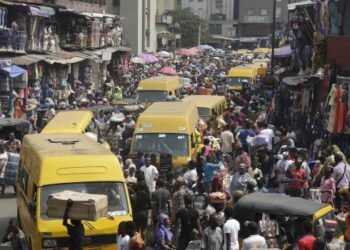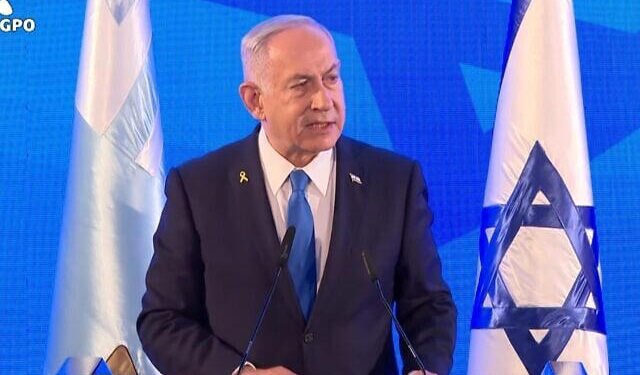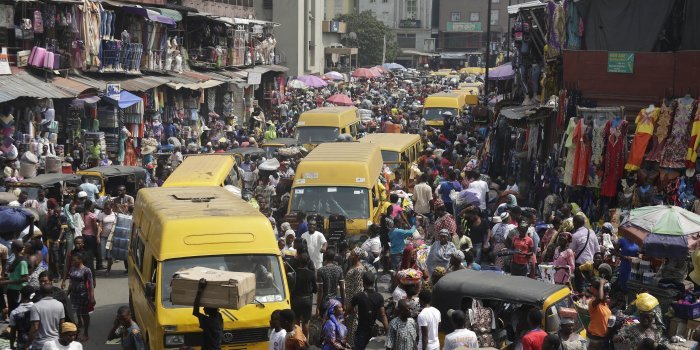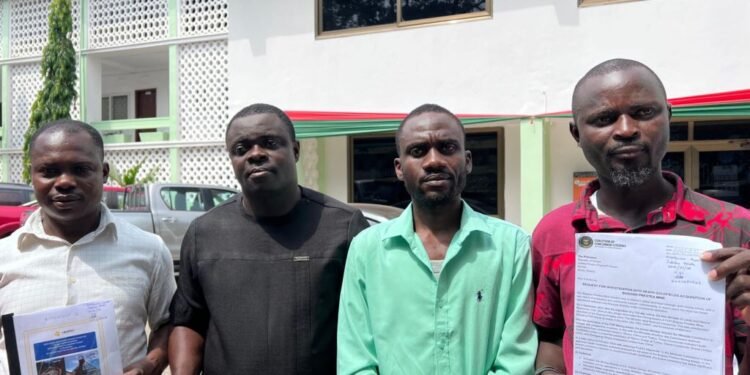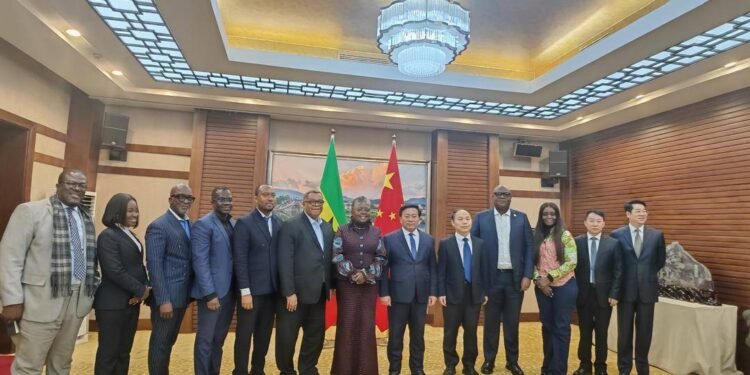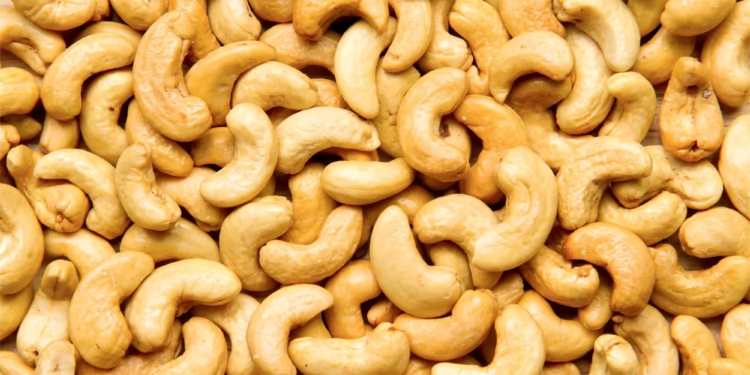Mr. Kofi Korle, a Chartered Economist and Lecturer at the Central University College, has urged the government to allocate significant amount of resources to the procurement of vaccines and investment in its flagship programs.
According to him, the upcoming 2022 budget statement will be very key towards the post COVID-19 economic recovery strategy.
“As major economies have virtually taken-off after the shock of the pandemic, Ghana is also expected to get back on track to a GPD growth rate between 6 to 8 percent in the next fiscal year. The budget is anticipated to continue investments in flagship and priority economic programmes such as the one district one factory, infrastructural development programmes such as roads and railways, social programmes in the areas of education and health, with a significant budgetary allocation to procure vaccines to improve the fight against COVID-19”.
Mr. Korle
Need to improve revenue mobilization
In order to effectively deliver on these mandates, Mr. Korle highlighted that an attempt to improve domestic revenue mobilization through the widening of the tax net would be necessary. He stated that revenue mobilization is expected to fall short of expenditure and the government will rely mainly on grants and issuance of Euro Bonds to augment the shortfall.
With this, the Economist anticipates an increase in government borrowing next year, which will mean a higher debt stock, unless revenue mobilization improves.
Performance Of Key Macroeconomic Variables
Mr. Korle, sharing his budget expectations with the Vaultz News, disclosed that the performance of key macroeconomic variables in 2021 have so far been mixed. He underscored that GDP growth has improved after a trough during early periods of the pandemic while “interest rates are relatively low” compared to pre-pandemic levels. However, inflation and nominal exchange rates have not been within targets, he stated.

The current inflation rate of 11 percent, according to Mr. Korle, is expected to stay above the 10 percent upper band by the end of the year. Cedi depreciation so far in the year has been significant and has also impacted on inflation, he averred.
“The 2022 budget is expected to reflect a reduction of budget deficit to harmonize with monetary policy objective of price stability. By this, the policy rate, which is set to close the year at 13.5 percent, is expected to see an increment to about 14% to control inflation. The gross international reserves are also expected to remain above 3.5 months of import cover”.
Mr. Korle
Focus on SDGs and Climate change
The Finance Minister, Ken Ofori-Atta, is expected to present the Budget Statement and Economic Policy of the Government of Ghana for the 2021/2022 financial year on November 17, 2021. Expectations are high as some analysts expects the government to abolish some of the taxes it introduced earlier this year to ease the pressure on individuals and governments. A group earlier highlighted the need for the government to pay attention to resourcing the Peace Fund to enhance peace and security in the country.
But to Mr. Korle, the budget should align with the nation’s medium-term development framework as well as global interventions such as the Sustainable Development Goals and ongoing initiatives to address the issue of climate change. Economist Economist
READ ALSO: BoG Working Hard to Make the Local Currency Strong- Deputy Governor




